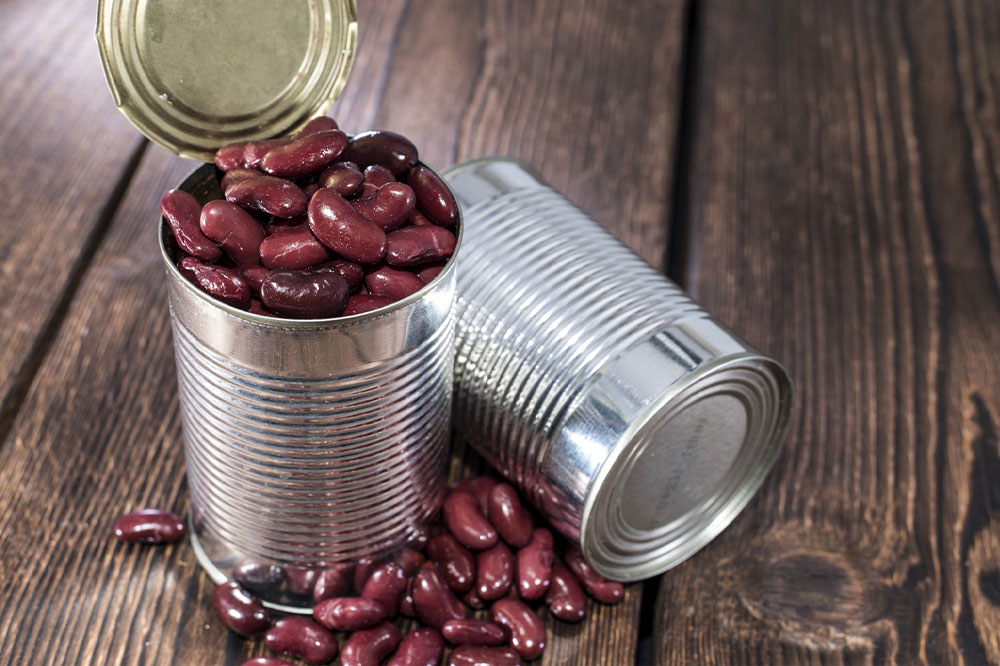8 evident signs of excess sugar intake

With the pandemic, diabetes is reportedly on the rise as the low-grade inflammation caused by the virus could worsen pre-existing diabetes by increasing insulin resistance. Studies also indicate that the virus can multiply within insulin-producing pancreatic beta-cells and debilitate insulin synthesis and secretion. While excessive sugar intake is associated with various health concerns and must be avoided, this is another reason to understand the eight noticeable warning signs of excess sugar intake listed below.
Excessive tiredness
Added sugar leads to an increase in insulin production to process the excess calories. These abnormal changes can lower energy levels during the day and trigger excessive fatigue. It is essential to understand the body can only process a finite amount of sugar with the insulin produced by the pancreas to break down all carbohydrates for energy.
Unexplained increase in appetite
Not feeling full enough or satiated throughout the day is a clear sign of excess sugar intake. The body absorbs proteins, vitamins, minerals, antioxidants, and other nutrients from daily foods to support all functions. Sugar only has empty calories and does not add any additional nutritional value. To supplement this energy requirement, people resort to compulsive snacking.
Skin problems like acne
Clinical studies reveal that blood glucose spikes trigger the body to produce more sebum, an oily substance found in the skin. Sebum is the main culprit behind acne and blisters. An imbalance in blood sugar levels also increases the risk of inflammation. A high inflammatory response combined with sebum worsens these breakouts and results in many associated skin problems.
Dental issues
Hard candies, sugary baked goods, confectioneries, and even flavored beverages leave behind sugar residue in the healthy molars. Millions of bacteria in the mouth feast upon sugar and create cavities. These cavities, if left unchecked, can lead to a number of dental problems.
Mood swings
Regular consumption of sugar can lead to mood swings that might even develop into known disorders, affecting men and women. Sugar adds no nutritional value and excess consumption only increases the risk of more unhealthy cravings. If these cravings are not satisfied, it could trigger irritability and depression.
Sleep problems
Added sugar mainly triggers an imbalance in glycemic levels. This can affect a person’s natural sleep cycle, and one may experience difficulty falling asleep or getting adequate rest at night. Many people have trouble dealing with erratic sleeping patterns. The body, in the meantime, continues to process the excess sugar left behind in the bloodstream.
Joint pain and discomfort
Inflammation is one of the primary markers of joint pain and discomforts linked to conditions like arthritis. Excess sugar in the bloodstream triggers more frequent inflammatory responses that worsen the pain over time. Those who already have diabetes should practice extra vigilance. Even the slightest spike in blood sugar levels can worsen symptoms linked to osteoarthritis and rheumatoid arthritis.
Digestive disorders
Stomach pain and abdominal cramping are also among the few known signs of excess sugar intake. Refined sugars found in processed foods draw excess water into the large intestine and can result in bloating. Sugar is an active irritant, and daily unregulated consumption can worsen these digestive problems.
Sometimes if an individual finds the need to urinate regularly, they should get it checked by an expert. Among other causes, an overactive bladder might result from too much sugar consumption. Even something like honey may cause these symptoms.
Apart from the signs mentioned above, one should also learn about the effects of excess sugar intake and cancer. Cancer cells multiply quickly by utilizing high amounts of energy (glucose). So research indicates that when one reduces sugar from the meal regime, it could prevent the rate at which cancer spreads and potentially stop its growth. However, other nutrients, such as amino acids and fats, also contribute to cancer growth. Furthermore, healthy cells require glucose to thrive, which means simply eliminating sugar from daily foods without consulting a nutritionist is not advisable. Always check with the doctor to understand how much sugar is safe for the body before making drastic changes.
Paying for health-related services might be a little expensive for several individuals. One should remember that they could always sign up for Medicare Part B for a premium. The program covers certain diabetes treatments and equipment costs, such as blood sugar monitors, insulin pumps, glucose control solutions, and other self-testing equipment. One could also opt for health insurance such as the CareCredit credit card. This card provides coverage for individuals, their families, and even pets for various health and wellness treatments. Visit CareCredit’s website for more information.
Those dealing with high blood sugar or diabetes need to take measures to avoid health complications brought on by the condition. Diabetes can make it difficult to get certain vaccinations, increasing the risk of contracting infections. So, Novavax has been conducting clinical trials to ensure vigilance in developing vaccines and ensure that the vaccine is safe for everyone, including those with illnesses like diabetes. According to reports, the trials are ongoing, and the vaccine is yet to be approved by the FDA.
It is important for those with diabetes to get tested regularly and make the required lifestyle changes based to keep blood sugar in check. Here, finding top-notch local healthcare facilities equipped with all the necessary medical supplies and equipment can help one get regular checkups. For instance, a well-equipped healthcare facility would consist of key medical equipment, such as insulin pumps and blood sugar meters.
Immediate care and timely professional assistance can help defuse a brewing health complication without having to rush to the emergency room every single time. Having a doctor on call nearby or connecting with healthcare providers who can arrange for home visits is always a good idea. Certified professionals can provide their expertise and stabilize patients at home to save time, money, and a trip to the hospital. Please consult your health provider to discuss vaccination and other options to safeguard your family.






